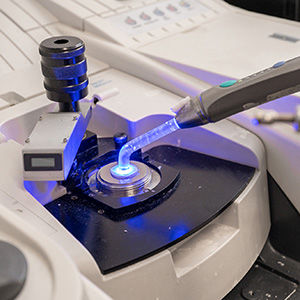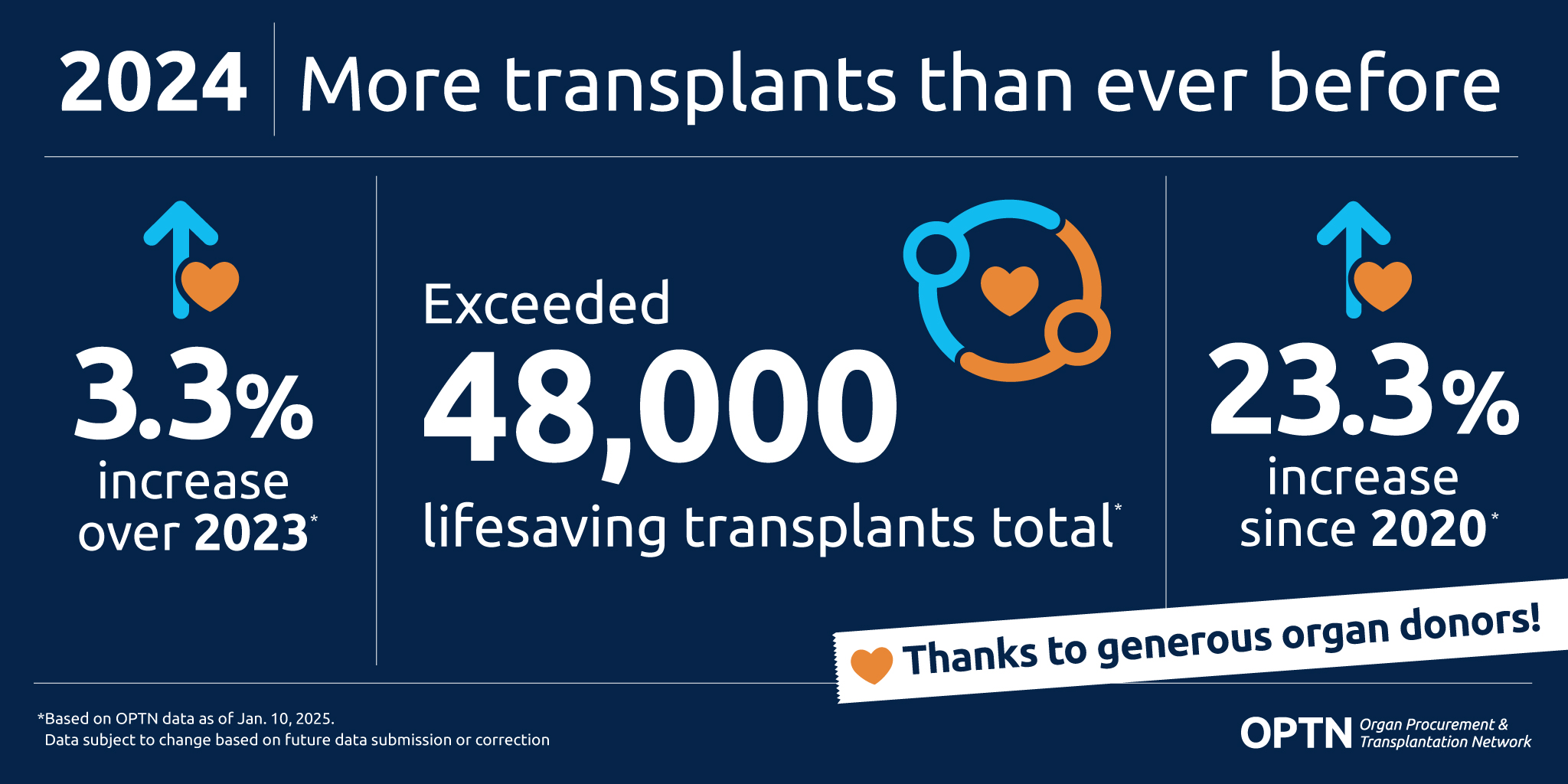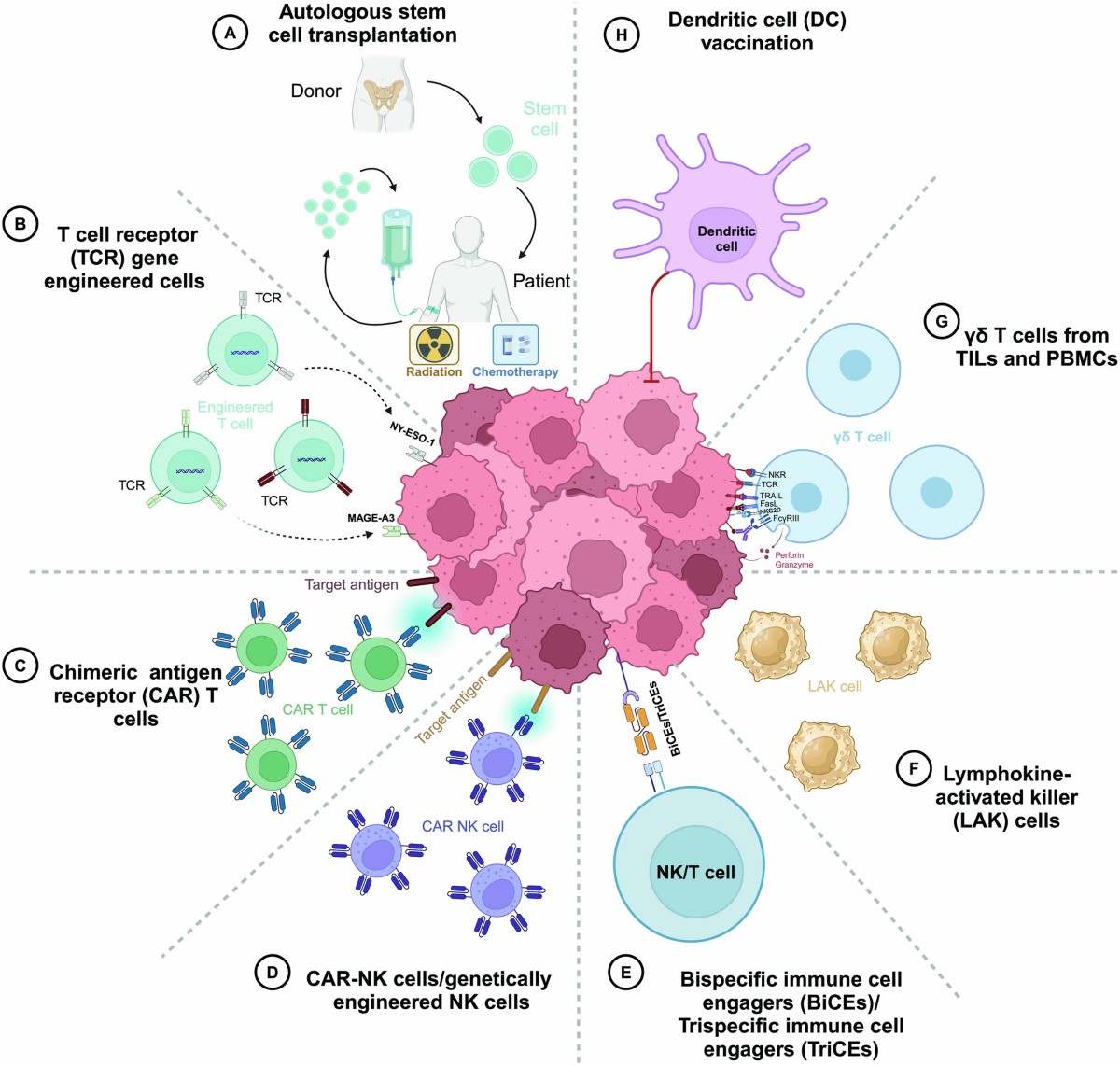Living to the ripe old age of 150 years may seem like science fiction, but with the advancement in biotechnology, it could soon be science fact. Biotechnology clinics are emerging as the pioneers in life extension research, with their groundbreaking work in autologous organs, الخلايا الجذعية, and organ growth promising to transform human lifespans. في هذه المقالة, we delve into the science behind these innovations and the potential they hold for the future of longevity.

The Pioneering Role of Biotechnology Clinics in Life Extension
Biotechnology clinics have established themselves as the leaders in exploring the boundaries of human lifespan. These clinics are leveraging cutting edge technologies and research to push the envelope of what was once considered the natural limit of human lifespan.
Autologous Organs: A Revolution in Transplantation
The notion of growing organs in a lab may seem like an idea out of a Sci-Fi novel, but it is rapidly becoming a reality. Biotechnology clinics are at the forefront of this revolution, using autologous cells (cells taken from the person who will be receiving the organ) to grow organs in a lab.
These organs are not rejected by the body as they are made from the patient’s own cells, eliminating the need for immunosuppressant drugs. This could dramatically increase the lifespan of individuals who would otherwise face a limited future due to organ failure.

الخلايا الجذعية: اللبنات الأساسية للحياة
Stem cells are the body’s raw materials — cells from which all other cells with specialized functions are generated. Biotechnology clinics are harnessing the power of these cells to create new tissues and even organs. The potential to replace damaged cells with healthy ones could address a myriad of age-related diseases, from Alzheimer’s to heart disease, and significantly extend human lifespan.

نمو الأعضاء: The Future of Transplants
Organ growth involves the use of scaffolds, platforms that allow cells to arrange themselves into functioning tissues. Biotechnology clinics are pioneering the use of these scaffolds to grow organs in labs. This could eliminate the need for organ donors and the associated risks of rejection, عدوى, and lengthy waiting times.
The ability to grow organs on-demand could dramatically improve life expectancy, especially for those with organ damage or disease.
Case Studies: The Real-world Impact of Biotech Innovation
The advancements in biotechnology are not just theoretical. They are already having a significant impact on human lifespans, as demonstrated by several real-world examples.
Lab-Grown Bladders: A Medical First
In a medical first, a team of scientists at the Wake Forest Institute for Regenerative Medicine successfully grew a bladder in a lab and transplanted it into a patient. This groundbreaking procedure demonstrated the feasibility of using autologous cells to grow organs, and it has significant implications for the future of organ transplantation and lifespan extension.
Stem Cells and Heart Disease: نهج واعد
Heart disease is the leading cause of death worldwide. لكن, biotechnology clinics are using stem cells to repair damaged heart tissue, offering hope for millions of patients. Clinical trials have shown that stem cell therapy can improve heart function and quality of life, and potentially extend life expectancy for those suffering from heart disease.
Growing Kidneys in the Lab: A Potential Lifesaver
Kidney disease is a widespread health issue, with a severe shortage of donors for transplants. لكن, scientists at biotechnology clinics are working on growing kidneys in labs. This promising research could extend the lives of millions who are currently on dialysis or waiting for a kidney transplant.
The Future of Biotechnology Clinics and Extended Lifespans
The work being carried out by biotechnology clinics is at the cutting edge of medical science. Their research and development in autologous organs, الخلايا الجذعية, and organ growth have the potential to revolutionize healthcare and extend human lifespans to 150 سنوات وما بعدها. لكن, these are still early days, and numerous challenges need to be overcome.
الاعتبارات الأخلاقية
The promise of extended lifespans brings with it a host of ethical questions. Who will have access to these technologies? Will they only be available to the wealthy? And what are the societal implications of a population that lives significantly longer? These are all issues that must be addressed as we move closer to realizing the potential of biotechnology clinics in extending human lifespan.
Regulatory Challenges
Regulation is another significant hurdle. The field of biotechnology is advancing at a rapid pace, and regulatory bodies are struggling to keep up. Ensuring that these new technologies are safe and effective while not stifling innovation is a delicate balancing act.
The Need for Continued Research and Investment
Despite the substantial progress made by biotechnology clinics, there is still much to learn. Continued research and investment are crucial to overcoming the scientific and technical challenges that stand in the way of 150-year lifespans.
خاتمة: The Dawn of a New Era in Longevity
Biotechnology clinics are at the forefront of a new era in longevity. Their work in autologous organs, الخلايا الجذعية, and organ growth is transforming our understanding of what is possible in terms of human lifespan, and setting the stage for a future where living to 150 and beyond could become the norm.
لكن, realizing this future will require addressing ethical and regulatory challenges, and continued investment in research and development. As we stand on the brink of this new dawn in longevity, the role of biotechnology clinics has never been more critical.
Are you ready to explore the future of lifespan extension? Discover how biotechnology clinics are extending human lifespan with lab-grown organs today.


